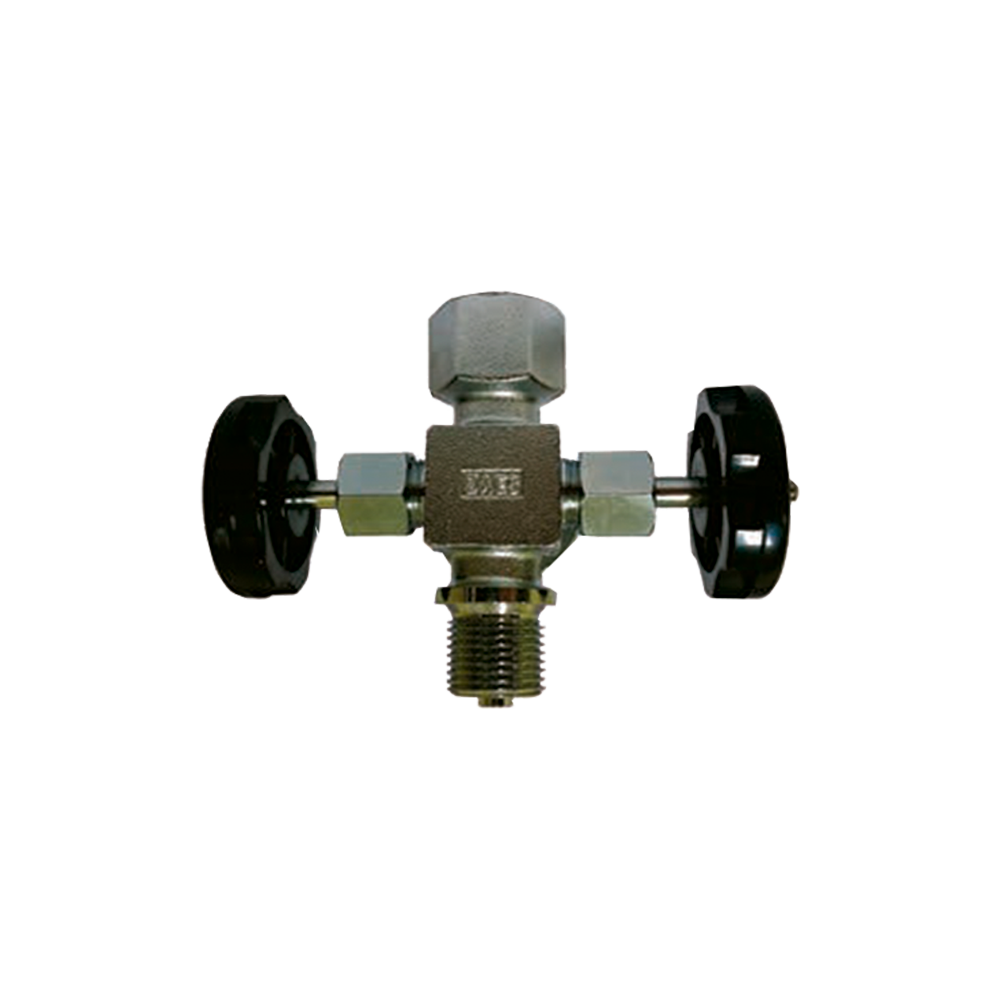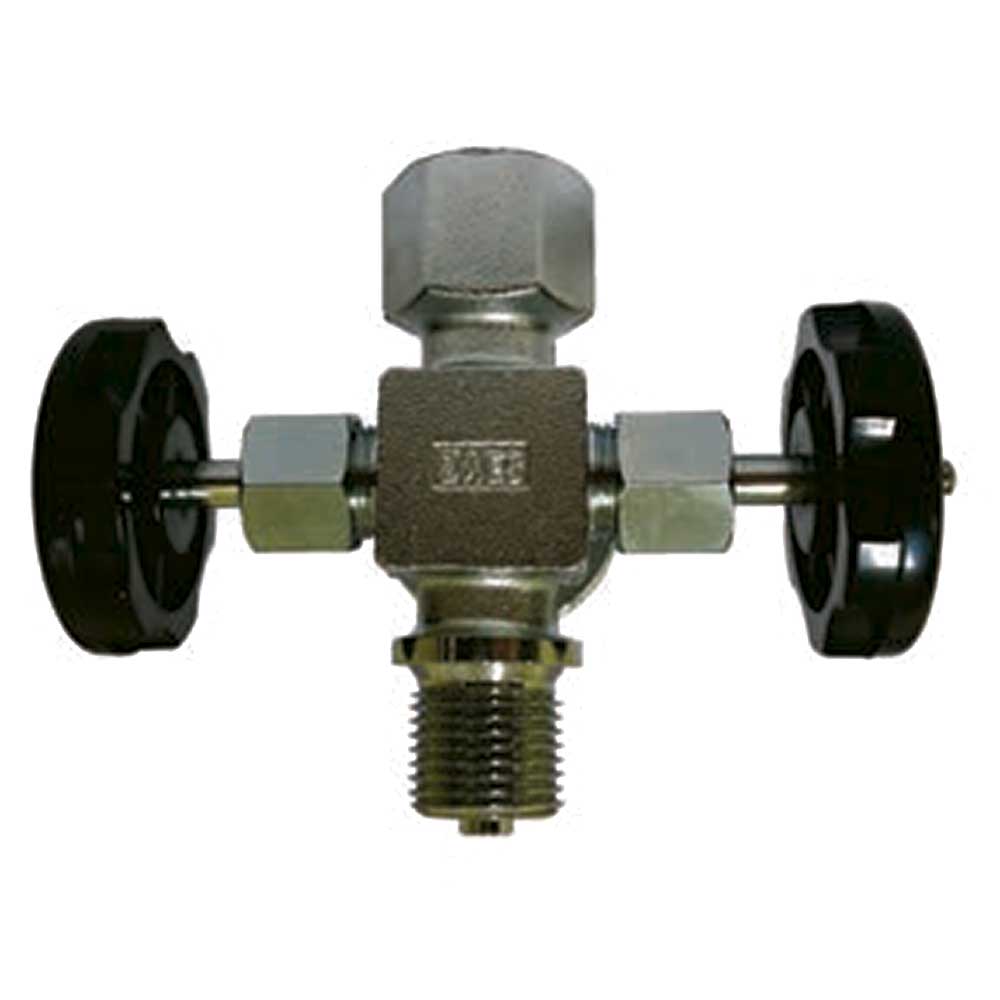What is a Valve for
Pressure gauge
The pressure gauge valve is specially designed to connect one end to the pressure gauge and the other end to connect to the process.
The pressure gauge valve is installed in the pipeline and is used as a shut-off valve for the pressure gauge. It is very typical that a water seal pipe is installed in the pipeline before the gauge valve.
Characteristics and functions of a Valve for Pressure Gauge
The adjustable pressure valve is a typical cone or punch type valve.
The gauge valve restricts flow before the gauge and can completely shut off the flow of fluid to the gauge, so that the gauge can be removed for calibration and/or replacement without depressurising the entire installation and has the ability to take the gauge out of service.
What types of Valves for
Pressure gauges exist
Brass Pressure Gauge Valves
They are resistant to water, (compressed) air, oil and many other media.
However, brass should not be used with salt water or sea water, distilled water, acids and chlorides.
Stainless Steel Pressure Gauge Valves
It has high abrasion resistance, temperature resistance and pressure resistance.
At Zaes, as a manufacturer of pressure gauge valves for more than 60 years, we guarantee a quality product for your installations.
Valve Operation
of Pressure Gauge
The gauge valve reduces and/or closes the rate at which the fluid or gas reaches the gauge.
The pressure gauge valve is mainly used in the application of the pressure gauge, by not changing the process pressure and protecting the pressure gauge, it has a longer service life and its replacement and/or calibration is as simple as possible.

